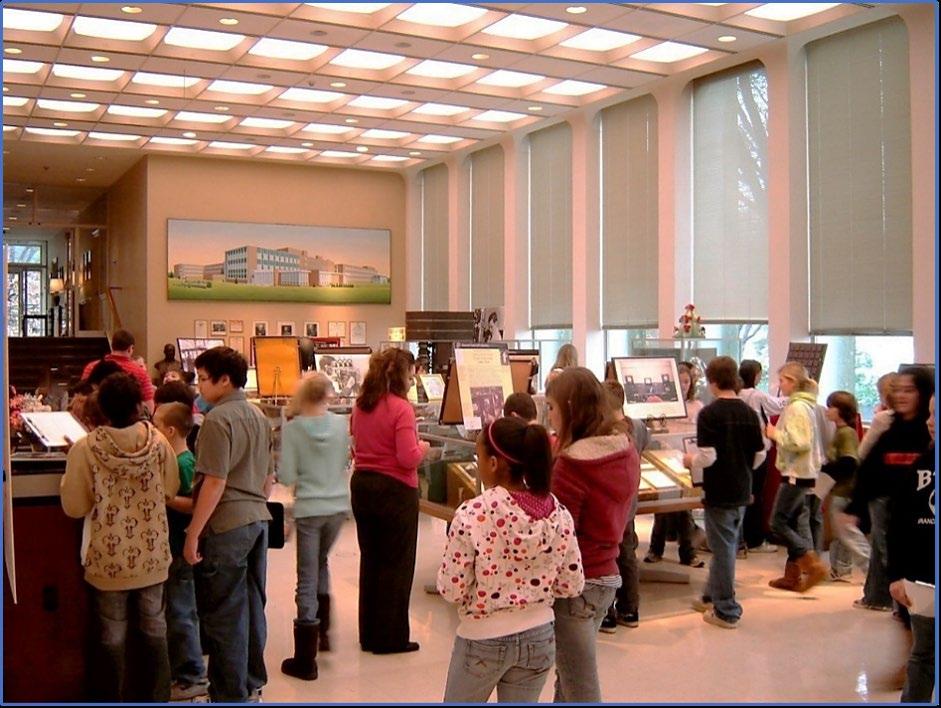ORIGIN OF THE WORD “RADIO” By David Bart EARLIEST USES
In response to an inquiry made to the Radio Club of America, I have researched the origin of the word “radio” and share the following with our members…
The word “radio” is derived from the Latin word “radius”, meaning “spoke of a wheel, beam of light, ray”. It was first applied to communications in 1881 when at the suggestion of French scientist Ernest Mercadier, Alexander Graham Bell adopted “radiophone” (meaning “radiated sound”) as an alternate name for his photophone optical transmission system. However, this invention would not be widely adopted.
The word radio, as currently and most often used, is a synonym for a form of “electromagnetic radiation”. It first came into use before Heinrich Hertz’s proof of the existence of radio waves. After the discovery of Hertzian waves, it would take almost 20 years for the term “radio” to be universally adopted.
SPARKS AND IDEAS The concept of electrical discharge and detection dates back at least to the 1780s, with George Adams’ discovery of sparks discharging between conductors in Leyden jars and Luigi Galvani’s famous experiments with frog legs. By the mid-19th century, Joseph Henry, Samuel Varley, Thomas Edison, David Hughes, George Gabriel Stokes and others were all interested in electromagnetic induction and the propagation of electrical sparks and possible applications. James Clerk Maxwell published his famous theoretical basis for the propagation of electromagnetic waves in his 1871 paper to the Royal Society, “A Dynamical Theory of the Electromagnetic Field”. No shortage of famous researchers and inventors, and their supporters, would start to use the word “radio”; and many have debated who discovered various aspects of radio first, making claims about the use of “waves” to transmit and receive energy. Indeed, Jagadish Chandra Bose, Eduard Branly, Oliver Lodge, Guglielmo Marconi, Alexander Stepanovich Popov, and Nikola Tesla are just a few (in alphabetic order). But what about the actual word “radio”? Where does it first show up?
Following Heinrich Hertz’s discovery of the existence of radio waves in 1886, a variety of terms were initially used for this radiation, including “Hertzian waves”, “electric waves”, and “ether waves”. The first practical radio communications systems, developed by Guglielmo Marconi in 1894 - 1895, transmitted telegraph signals by radio waves, so radio communication was first called “wireless telegraphy”. Up until about 1910, the term “wireless telegraphy” also included a variety of other experimental systems for transmitting telegraph signals without wires, including electrostatic induction, electromagnetic induction and aquatic and earth conduction, so there was a need for a more precise term referring exclusively to electromagnetic radiation. By this time, the idea of “radio” as distinct from “wireless” was taking hold, and various new organizations were forming around “radio” as a new field of study.
(L-R) Heinrich Hertz, Eduard Branly, Ernest Jules Pierre Mercadier, Alexander Graham Bell. (Courtesy Wikipedia)
SPRING 2022 PROCEEDINGS
56
www.radioclubofamerica.org




















